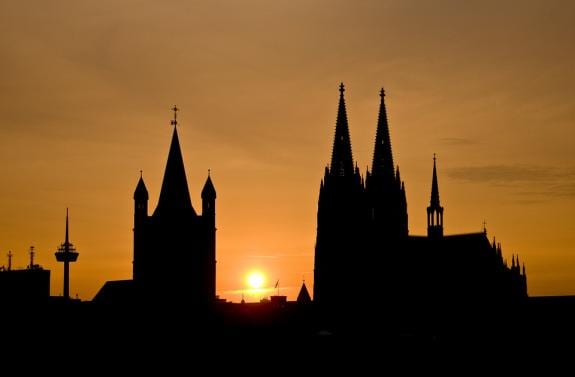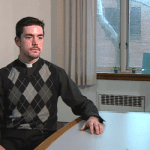“The Germans brought on the Reformation 500 years ago and divided the Catholic Church, and now the Germans are again up to no good trying to change the church.”

From The New York Times:
The Roman Catholic Church in Germany has a split identity. At home, attendance is falling and many Germans say they regard the church’s teaching on social issues as hopelessly out of touch.
But globally, the German church is one of the most powerful — and liberal — regions of the Catholic world, a player whose wealth and theological influence are now creating a challenge for the entire church.
On Dec. 1, the German church’s international influence will be on display when its bishops begin a two-year-long series of meetings with lay leaders that will allow debate on hot-button issues that in many other corners of the church would be off limits, such as whether to accept homosexuality, end clerical celibacy and ordain women as priests.
The meetings carry no authority to actually change church doctrine. Nevertheless, the Vatican and conservative Catholics in Germany and elsewhere have repeatedly warned that the dialogue process — which the German church calls “the synodal path” — could lead to schism. Germany, of course, was where Martin Luther helped begin the Protestant Reformation with his 95 theses condemning the Catholic church.
Some critics “feel that the Germans brought on the Reformation 500 years ago and divided the Catholic Church, and now the Germans are again up to no good trying to change the church,” said the Rev. Godehard Brüntrup, a spokesman for the Jesuit religious order in Germany and vice president of the Munich School of Philosophy.
Organizers of the dialogue say schism is not their goal. The dialogue grew out of the response to the clergy sexual abuse scandal in Germany, and Catholic leaders say it is meant to bridge the cultural divide between the church and many of its followers, and to explore whether church teachings set the stage for abuse.












